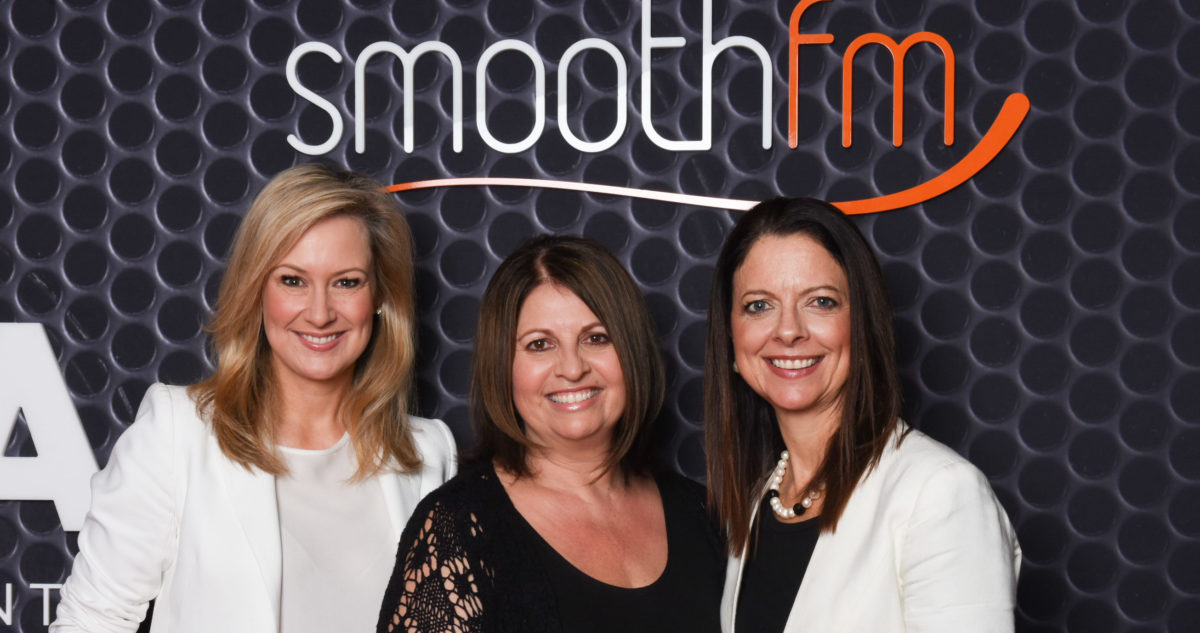Survey day is always memorable for big statements from the various networks. But it was hard to get away from the continued success of smoothfm in Sydney and its growing importance in Melbourne as the radio story of the week.
“Some others have already adopted some of the music we play.” – Jackson
The numbers could not have been much better for smoothfm in both its markets. On survey day Nova Entertainment group program director, and the architect of the smoothfm format, Paul Jackson told Mediaweek: “It is a magnificent day. I have always hoped to be #1 but not even I expected to be #1 by 1.6 share points in Sydney and to also have a #2 FM breakfast show. We then clean up across the rest of the day where we are also outright #1 at times. These numbers are just so special.”

NOVA Entertainment’s Chief Marketing & Digital Officer Tony Thomas & Group Program Director Paul Jackson
As to the impact smoothfm’s success could have on the Sydney and Melbourne markets, Jackson said that had already happened. “Some others have already adopted some of the music we play. The thing about smoothfm is that it is so distinctive and unique that it is hard to copy.”
Jackson said the bottom line about the smoothfm success is that radio is a lot more than just big names and their superstar salaries. “Whatever station you are on and whatever the format, people are not just looking for people they have heard of. There are plenty of people who know who Hamish and Andy are, but they are not listening to them [in Sydney].”
“We increased the song count in breakfast from four to six or seven songs an hour.” – Campbell
The hard work that smoothfm does on the brand and associated events is paying off big time. “You might not see that work rewarded immediately in the very next ratings book, but over a longer period of time it comes through.”
ARN’s national content director Duncan Campbell noted the success of smoothfm in Sydney, and explained that ARN had counter-programmed quickly at WSFM. When asked what sort of changes they made, Campbell told Mediaweek: “We increased the song count in breakfast from four to six or seven songs an hour. We cleaned up the clutter and reduced the inventory loads and we also increased the daytime music count from nine or 10 to 12 or 13 songs an hour. Listeners have noticed very quickly and it had some impact on our results.”
Campbell said ARN would develop further counter-programming measures as well.
“It has certainly been smoothfm’s year and it is very hard to counter-program against a station that has a mood position. We would like to see a reduction in their 10+ share as a result of our efforts. That will be a key focus for the rest of 2016 in Sydney.”
See Mediaweek’s survey five coverage in the latest issue out today.
